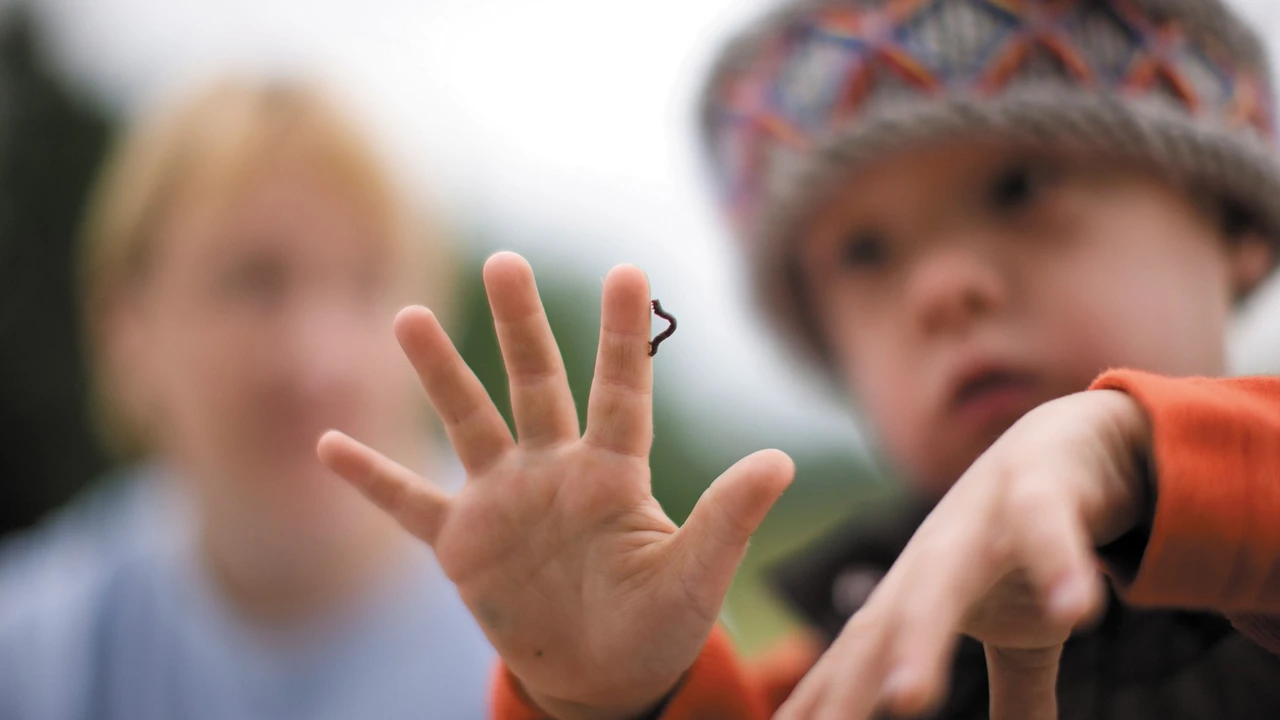Hi there, fellow parents and adventurers! In this article, we're diving deep into the role of travel in infancy and how it fosters a sense of adventure. We'll talk about why it's crucial, how it aids in their development, and ways you can incorporate travel into your child's early life experiences. Join me, as we embark on this wanderlust-fueled journey for our little ones' consecutive beneficial growth.
Early Life Experiences: How Your First Years Influence Health & Medication
Ever wonder why some people handle medicines better than others? A lot of that comes down to what happened in the first few years of life. From nutrition to stress, those early moments set the tone for how our bodies react to drugs, how we process nutrients, and even how our immune system behaves. On this page we’ll break down the biggest ways those early experiences matter and give you simple steps to turn that knowledge into better health choices today.
Why Early Experiences Matter
Research shows that childhood nutrition, sleep patterns, and exposure to germs can change the way receptors in the brain develop. That means a kid who grew up with a balanced diet may absorb certain medications more efficiently, while a child who faced chronic stress might need higher doses for the same effect. It’s not just about pills—early life habits also influence things like blood pressure, gut health, and even the risk of chronic diseases later on. Knowing this helps you anticipate how a medication might work for you or a family member.
Another key factor is the gut microbiome. Babies who are breastfed and introduced to a variety of solid foods usually develop a richer bacterial community. That community plays a big role in drug metabolism, especially for antibiotics and probiotics. If the gut is out of balance, you might see side effects like nausea or reduced drug efficacy. Simple changes—like adding fermented foods or fiber—can help restore balance and improve how your body handles medication.
Practical Steps to Support Lifelong Wellness
First, look at the nutrition you got as a kid. If you know you missed out on key vitamins, consider a daily multivitamin or specific supplements (like vitamin D or iron) after talking to a pharmacist. Second, manage stress early on. Mind‑body techniques such as deep breathing, short walks, or talking to a counselor can lower cortisol levels, which in turn makes drug reactions more predictable.
Third, keep your gut happy. Add a serving of yogurt, kefir, or sauerkraut to your meals a few times a week. If you’re already on a prescription for something that affects the gut—like a steroid or antibiotic—ask your pharmacist for a probiotic recommendation. Fourth, track how you feel after starting a new medication. Note any changes in appetite, sleep, or mood. This information is gold for your doctor or pharmacist when they fine‑tune dosages.
Finally, use reliable online resources—like Rx Fast Find—to stay updated on drug facts, dosage charts, and safety tips. Our site offers quick search tools for meds, disease overviews, and easy‑to‑read guides that fit right into your busy life. By connecting your early life story with today’s health resources, you can make smarter choices and keep your body running smoothly.
Early life experiences are a hidden driver of how we react to health challenges. Understanding them isn’t just academic—it’s a practical way to personalize medication, avoid side effects, and boost overall wellness. Keep these pointers handy, check our pharmacy encyclopedia when you need specifics, and watch how a little awareness can make a big difference in your health journey.

